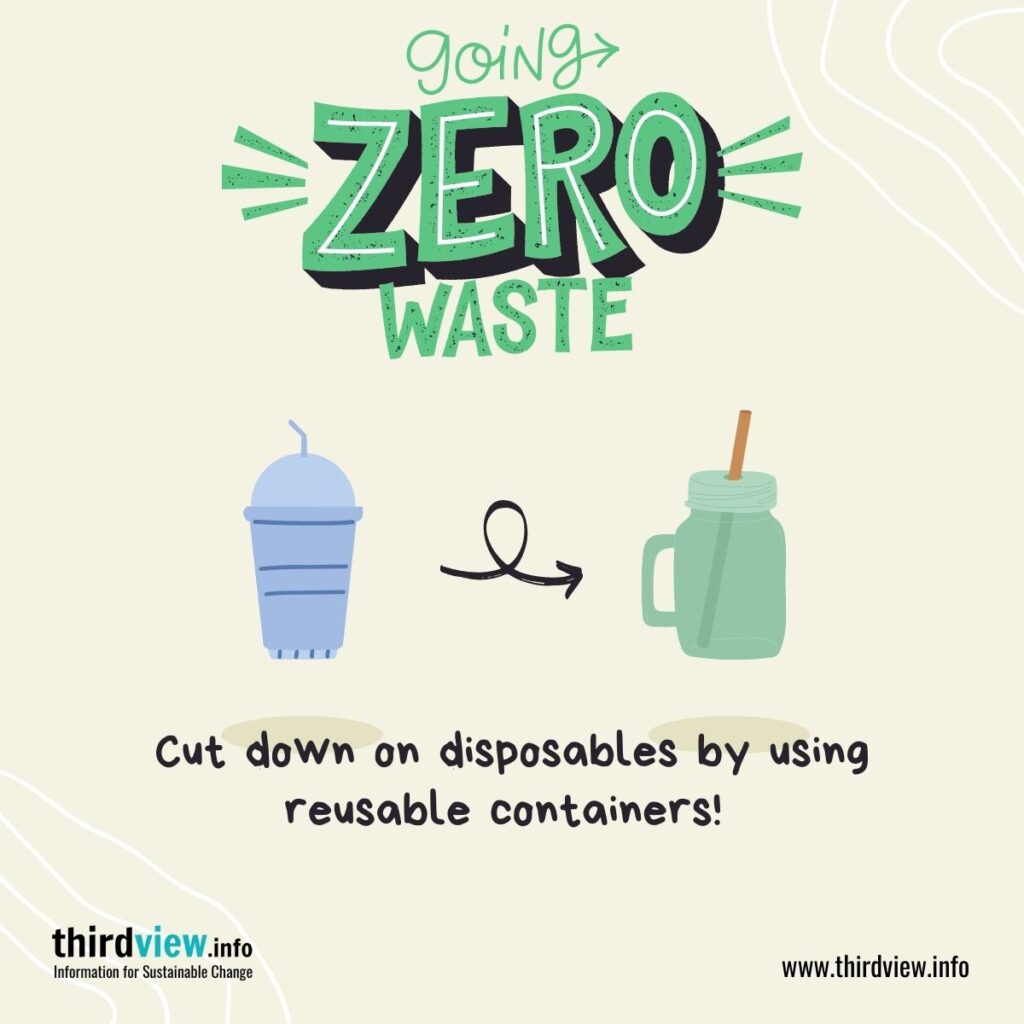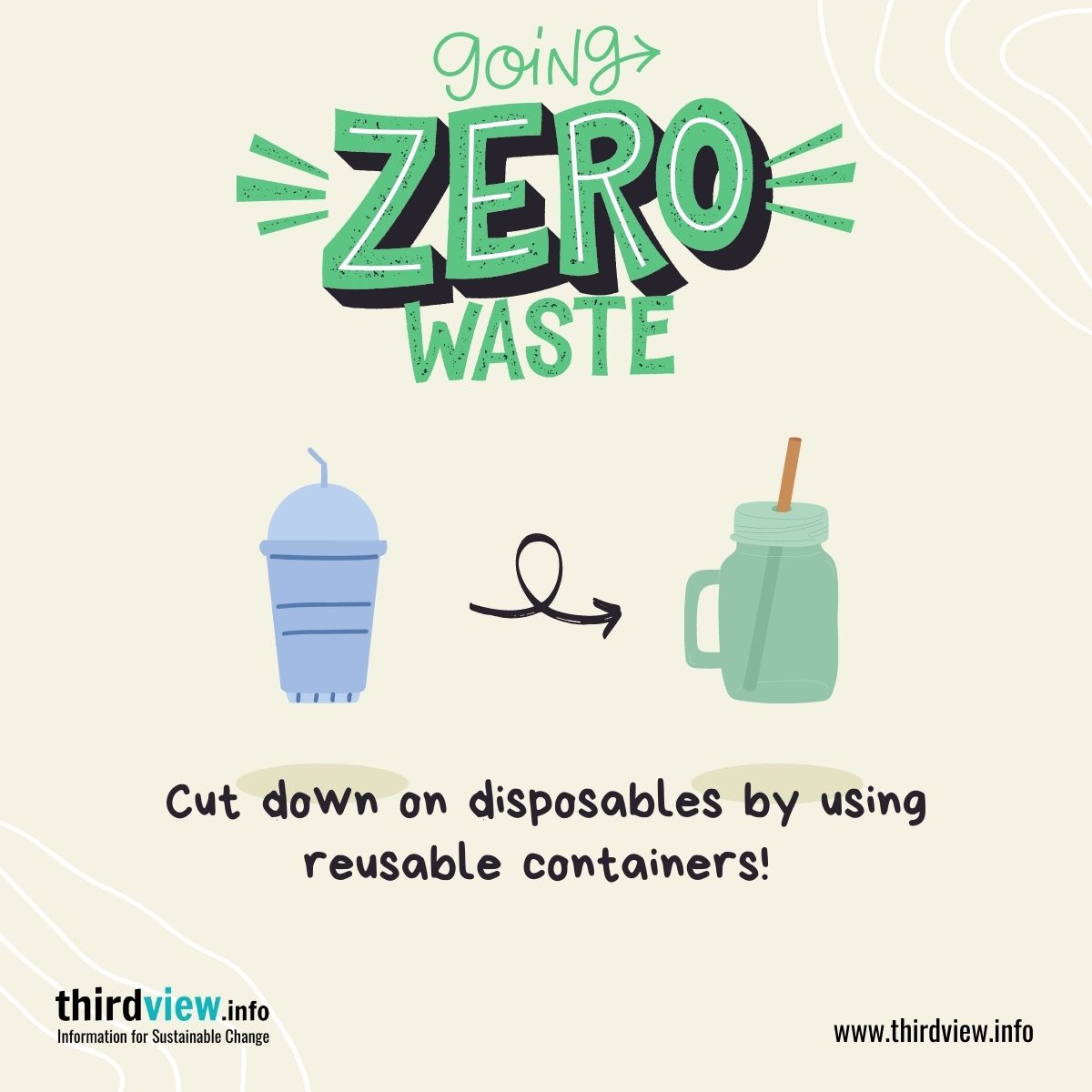Disposable items like plastic utensils, paper towels, and single-use straws can be convenient in a pinch, but they are also incredibly wasteful. The good news is that there are some easy ways to reduce disposable item usage without making too much of a lifestyle change. Read on for some simple tips on how to cut back on disposables.
Bring reusable bags and containers when shopping
One of the easiest ways to reduce disposable item usage is by bringing reusable bags and containers when shopping. This way, you can avoid using plastic bags or cardboard containers when shopping at the grocery store, farmers market, or any other place that requires packaging. Investing in a few durable and stylish reusable bags will save you money in the long run—and help you do your part for the environment.
Carry reusable utensils with you
Another great way to cut back on disposables is by carrying reusable utensils with you. Instead of relying on plastic forks, knives, spoons, and straws when eating out or getting takeout food, invest in a set of metal utensils that can be washed and reused again and again.
Replace paper towels with cloth towels
Finally, replacing paper towels with cloth towels is another easy way to cut back on disposables. While it may seem more convenient to grab a paper towel every time something needs wiped down or cleaned up, using cloth towels instead will not only reduce waste significantly; it will also save money in the long run. Keep several cloth towels around your kitchen or bathroom so they’re always within reach when needed.
Think before you buy
Before adding something to your cart at the grocery store, take a moment to ask yourself what kind of packaging it comes in and whether it’s necessary. Can you buy it in bulk or get it in non-disposable packaging? It might cost more upfront, but it could save you money (and lots of waste) in the long run. Additionally, if there are multiple disposables items (such as straws or utensils) that come with one purchase, think about whether you really need them all before buying them.
Shop secondhand
Buying used items doesn’t just save you money; it also reduces the demand for new items which helps reduce waste production even further. When shopping secondhand, try looking at local thrift stores first as they tend to have better quality items than online resellers like eBay or Craigslist. Plus, you get the added bonus of supporting your community by shopping locally.
Reducing disposable item usage doesn’t have to involve drastic lifestyle changes; just small changes here and there can make a big difference over time. By investing in reusable bags and containers for shopping trips, carrying your own metal utensils with you wherever you go, replacing paper towels with cloth ones at home, reconsidering your shopping choices, and shopping secondhand—you can make an impactful change towards reducing wastefulness today.


